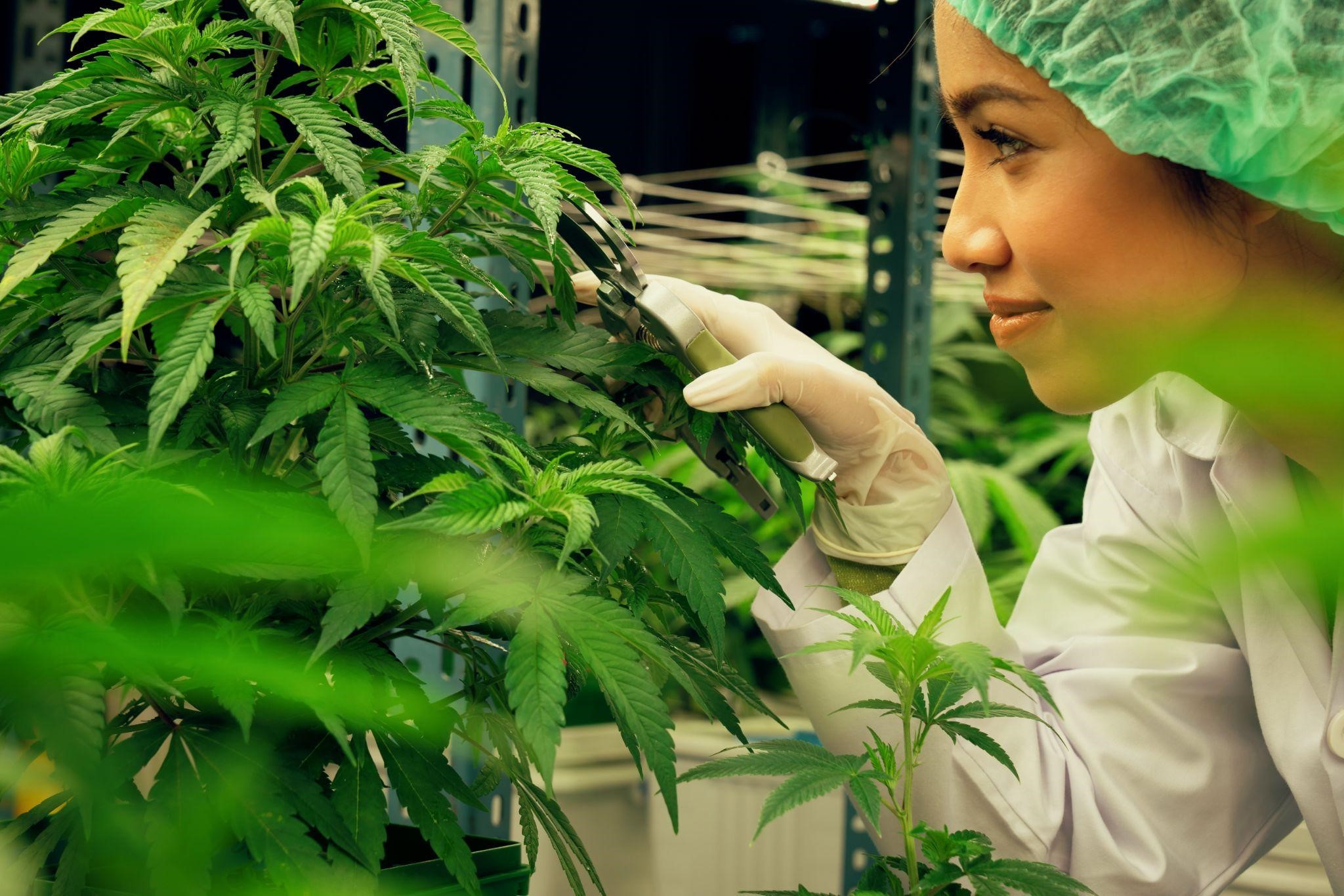The Healing Power of Medical Cannabis: a Deep Dive Into Its Possible to Deal With Numerous Conditions
In current years, the discussion around the healing capacity of medical marijuana has gained substantial traction within the medical area. The evolving landscape of medical cannabis offers an intricate tapestry of possible advantages that warrant a closer exam, dropping light on a world of therapy opportunities that proceed to intrigue professionals and people alike.
Therapeutic Benefits of Clinical Marijuana
In the realm of contemporary medication, the healing benefits of medical cannabis have actually emerged as a promising method for dealing with various wellness problems. The energetic substances in cannabis, understood as cannabinoids, interact with the body's endocannabinoid system to produce an array of effects that can be advantageous for patients. One of the most well-known cannabinoids is cannabidiol (CBD), which has actually gotten attention for its potential anti-inflammatory, analgesic, and anxiolytic residential or commercial properties without the psychoactive effects generally related to tetrahydrocannabinol (THC)
Medical marijuana has revealed certain assurance in relieving chronic discomfort, spasticity connected with multiple sclerosis, nausea and throwing up in radiation treatment clients, and signs of specific neurological disorders like epilepsy. Research is additionally exploring its capacity in taking care of mental health problems such as stress and anxiety, clinical depression, and post-traumatic stress and anxiety disorder. Furthermore, medical marijuana is being examined for its anti-inflammatory properties, which can have effects for problems like joint inflammation and inflammatory bowel disease.
Reducing Persistent Discomfort With Marijuana
Having demonstrated effectiveness in resolving a range of wellness conditions, medical marijuana significantly radiates in its ability to provide alleviation for people facing persistent pain. Chronic discomfort, identified by its persistence and debilitating nature, influences millions worldwide, typically significantly impacting lifestyle. Conventional discomfort monitoring methods, such as opioids, may come with unfavorable side effects and the danger of reliance, driving several patients to seek alternate solutions.
Clinical cannabis has actually arised as a promising option for persistent pain management because of its analgesic residential or commercial properties. The cannabinoids present in marijuana, specifically tetrahydrocannabinol (THC) and cannabidiol (CBD), engage with the body's endocannabinoid system to aid regulate discomfort perception and inflammation. Research studies have revealed that medical cannabis can effectively reduce chronic discomfort linked with problems like arthritis, fibromyalgia, multiple sclerosis, and neuropathy. Additionally, cannabis uses a more natural and potentially much safer alternative to typical discomfort medicines for long-term use.

Taking Care Of Anxiety and Stress And Anxiety
Medical cannabis provides a sensible alternative for individuals seeking remedy for anxiousness and stress and anxiety as a result of its possible calming effects on the mind and body. Anxiousness problems influence a significant section of the populace, causing signs such as extreme fear, restlessness, and problem focusing. Persistent tension, if left unmanaged, can add to various health problems, including high blood stress, heart obesity, condition, and diabetes. Research recommends that the cannabinoids found in medical cannabis might connect with the endocannabinoid system in the body to aid regulate tension and anxiousness degrees. By potentially affecting the release of natural chemicals and regulating stress and anxiety response, clinical cannabis shows promise in supplying a natural choice for managing these conditions.
In addition, unlike traditional anti-anxiety medicines that might feature unwanted adverse effects or threat of reliance, medical cannabis supplies a potentially more secure alternative for people aiming to relieve anxiety and tension. Nonetheless, it is vital for people thinking about clinical cannabis for these purposes to seek advice from with a doctor well-informed concerning clinical marijuana to guarantee safe and effective usage.
Marijuana for Neurological Problems
Research has revealed encouraging possibility in utilizing marijuana for managing neurological problems. Neurological problems include an array of problems affecting the brain, spine, and nerves, such as epilepsy, multiple sclerosis, Parkinson's illness, and Alzheimer's illness. Cannabis, with its energetic compounds Homepage like THC and CBD, has demonstrated neuroprotective, anti-inflammatory, and antioxidant homes that can benefit individuals with these conditions.

While even more scientific trials are required to completely comprehend the effectiveness and safety of cannabis for neurological disorders, first searchings for are motivating and warrant further examination into the therapeutic potential of this plant for improving the lives of those affected by such problems. - Medical Cannabis Card
Possible of Cannabis in Cancer Therapy
The expanding perspective of medical cannabis applications includes the capacity of leveraging its residential properties in cancer cells treatment, using a new method of expedition in harnessing the therapeutic benefits of this plant for addressing complicated health challenges. Marijuana reveals pledge in cancer cells therapy because of its prospective to relieve signs associated with the condition and its therapy, such as discomfort, queasiness, and loss of appetite. Additionally, cannabinoids, the energetic compounds in cannabis, have shown anti-tumor effects in preclinical research studies, showing their capacity in inhibiting the development of cancer cells.
Additionally, marijuana may aid in taking care of the side impacts of traditional cancer cells treatments like chemotherapy, possibly improving patients' lifestyle during therapy. While even more research is required to totally recognize the devices behind cannabis's prospective anti-cancer buildings and its efficacy in different sorts of cancers, the initial findings recommend that medical cannabis could play an important function in the future of Resources cancer cells treatment. As the exploration of cannabis in oncology continues, it holds pledge as a complementary strategy to typical cancer therapies, offering people a well-tolerated and possibly effective alternative in their treatment routines.
Conclusion
In final thought, clinical cannabis has actually shown promising capacity in dealing with a variety of ailments, consisting of persistent pain, anxiety, stress and anxiety, neurological disorders, and cancer. Its healing advantages have actually been increasingly acknowledged by the clinical neighborhood, with continuous research highlighting its effectiveness in taking care of these conditions. As even more researches are conducted, medical marijuana might end up being an important treatment choice for people dealing with these debilitating ailments.
In recent years, the discussion around the restorative potential of medical cannabis has actually gained substantial traction within the medical community. The progressing landscape of clinical cannabis offers an intricate tapestry of potential advantages that require a closer exam, shedding light on a world of therapy possibilities that proceed to intrigue professionals and patients alike.
